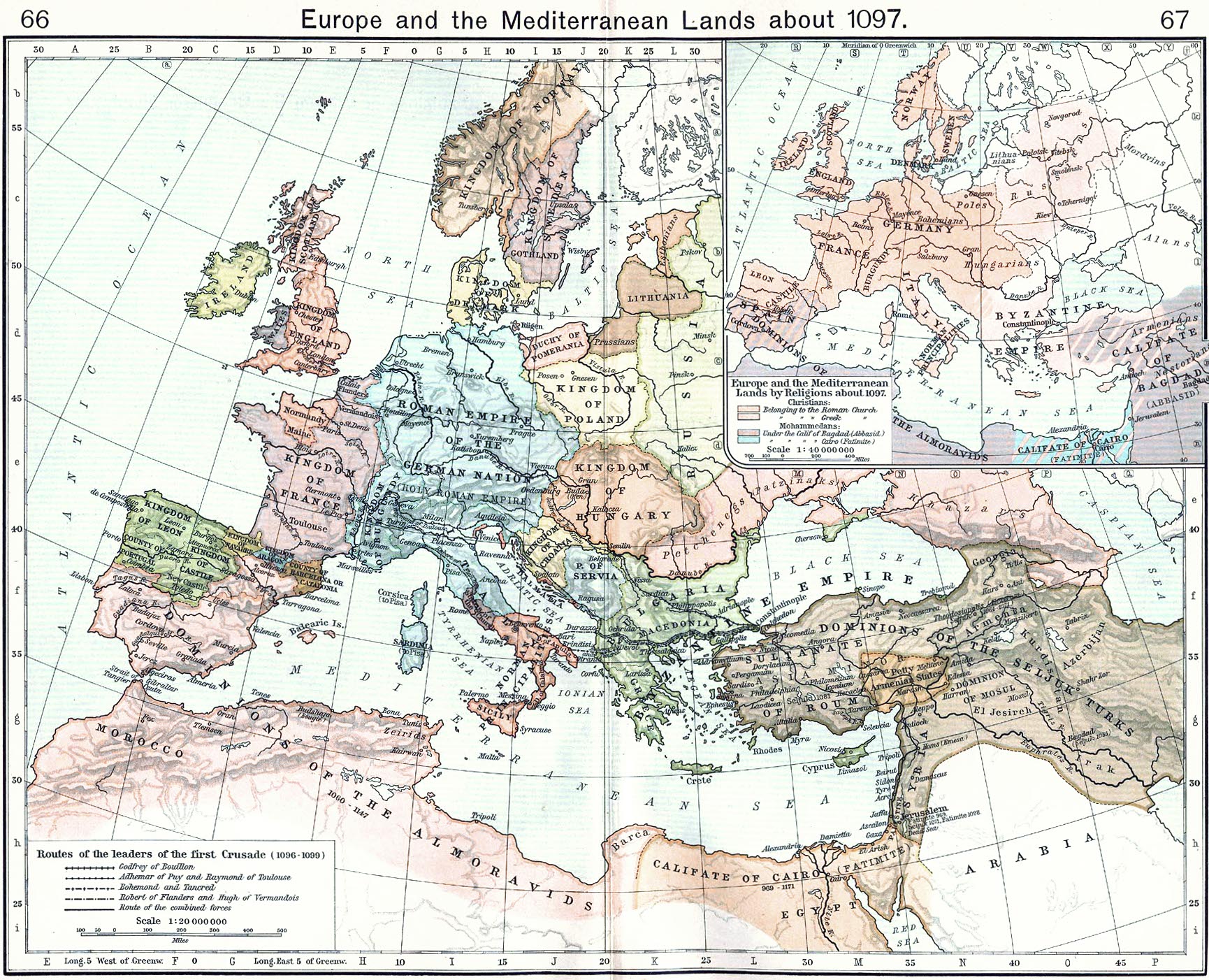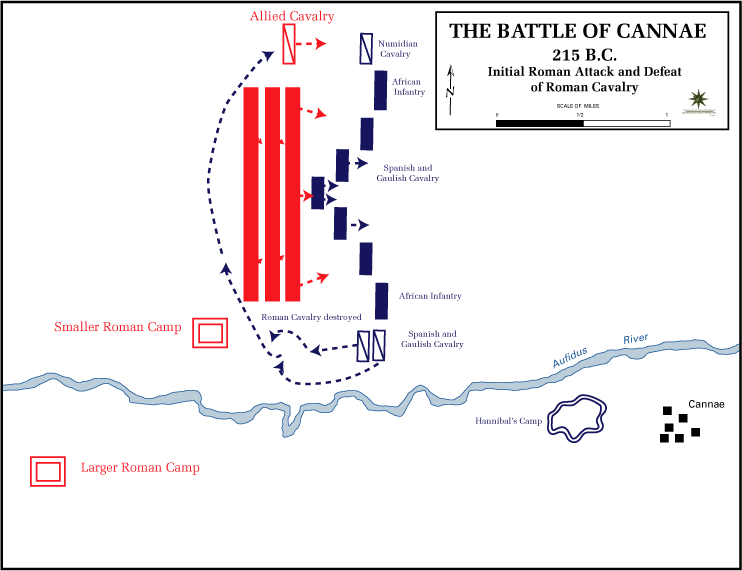|
Siege Of Dyrrhachium (1107–1108)
The siege of Dyrrhachium took place from November 1107 until September 1108, as the Italo-Normans under Bohemond I of Antioch besieged the Adriatic port city of Dyrrhachium. Dyrrhachium was held for the Byzantine Empire by its '' doux'' Alexios Komnenos, a nephew of the reigning Byzantine emperor, Alexios I Komnenos (). The siege is described at length in the ''Alexiad'' of Anna Komnene, daughter of Emperor Alexios. Previously, Emperor Alexios had been heavily defeated while trying to relieve a previous Norman siege of the same city in 1081. In this siege, Alexios chose not attempt to end the siege by means of a pitched battle but attempted to weaken the Normans by dispatching sorties to occupy the passes in the Normans' rear and prevent them from foraging. As the siege continued, Alexios attempted to spread disease in the Norman camp and used Greek fire to burn down their siege engines. Finally, Bohemond sought terms which led to the Treaty of Devol, whereby Bohemond and ... [...More Info...] [...Related Items...] OR: [Wikipedia] [Google] [Baidu] |
Byzantine–Norman Wars
Wars between the Normans and the Byzantine Empire were fought from 1040 until 1185, when the last Norman invasion of the Byzantine Empire was defeated. At the end of the conflict, neither the Normans nor the Byzantines could boast much power, as by the mid-13th century exhaustive fighting with other powers had weakened both, leading to the Byzantines losing Asia Minor to the Ottoman Empire in the 15th century, and the Normans losing Sicily to the Hohenstaufen. Norman conquest of southern Italy The Normans' initial military involvement in southern Italy was on the side of the Lombards against the Byzantines. Eventually, some Normans, including the powerful de Hauteville brothers, served in the army of George Maniakes during the attempted Byzantine reconquest of Sicily, only to turn against their employers when the emirs proved difficult to conquer. By 1030, Rainulf became count of Aversa, marking the start of permanent Norman settlement in Italy. In 1042, William de Hautevill ... [...More Info...] [...Related Items...] OR: [Wikipedia] [Google] [Baidu] |
Pitched Battle
A pitched battle or set-piece battle is a battle in which opposing forces each anticipate the setting of the battle, and each chooses to commit to it. Either side may have the option to disengage before the battle starts or shortly thereafter. A pitched battle is not a chance encounter such as a meeting engagement, or where one side is forced to fight at a time not of its choosing such as happens in a siege or an ambush. Pitched battles are usually carefully planned, to maximize one's strengths against an opponent's weaknesses, and use a full range of deceptions, feints, and other manoeuvres. They are also planned to take advantage of terrain favourable to one's force. Forces strong in cavalry for example will not select swamp, forest, or mountain terrain for the planned struggle. For example, Ancient Carthage, Carthaginian general Hannibal selected relatively flat ground near the village of Cannae for his great confrontation with the Romans, not the rocky terrain of the high Apen ... [...More Info...] [...Related Items...] OR: [Wikipedia] [Google] [Baidu] |
Sieges Involving The Byzantine Empire
A siege is a military blockade of a city, or fortress, with the intent of conquering by attrition, or a well-prepared assault. This derives from la, sedere, lit=to sit. Siege warfare is a form of constant, low-intensity conflict characterized by one party holding a strong, static, defensive position. Consequently, an opportunity for negotiation between combatants is common, as proximity and fluctuating advantage can encourage diplomacy. The art of conducting and resisting sieges is called siege warfare, siegecraft, or poliorcetics. A siege occurs when an attacker encounters a city or fortress that cannot be easily taken by a quick assault, and which refuses to surrender. Sieges involve surrounding the target to block the provision of supplies and the reinforcement or escape of troops (a tactic known as " investment"). This is typically coupled with attempts to reduce the fortifications by means of siege engines, artillery bombardment, mining (also known as sapping), or the u ... [...More Info...] [...Related Items...] OR: [Wikipedia] [Google] [Baidu] |
Battles Involving The Normans
A battle is an occurrence of combat in warfare between opposing military units of any number or size. A war usually consists of multiple battles. In general, a battle is a military engagement that is well defined in duration, area, and force commitment. An engagement with only limited commitment between the forces and without decisive results is sometimes called a skirmish. The word "battle" can also be used infrequently to refer to an entire operational campaign, although this usage greatly diverges from its conventional or customary meaning. Generally, the word "battle" is used for such campaigns if referring to a protracted combat encounter in which either one or both of the combatants had the same methods, resources, and strategic objectives throughout the encounter. Some prominent examples of this would be the Battle of the Atlantic, Battle of Britain, and Battle of Stalingrad, all in World War II. Wars and military campaigns are guided by military strategy, whereas b ... [...More Info...] [...Related Items...] OR: [Wikipedia] [Google] [Baidu] |
Conflicts In 1108
Conflict may refer to: Arts, entertainment, and media Films * ''Conflict'' (1921 film), an American silent film directed by Stuart Paton * ''Conflict'' (1936 film), an American boxing film starring John Wayne * ''Conflict'' (1937 film), a Swedish drama film directed by Per-Axel Branner * ''Conflict'' (1938 film), a French drama film directed by Léonide Moguy * ''Conflict'' (1945 film), an American suspense film starring Humphrey Bogart * ''Catholics: A Fable'' (1973 film), or ''The Conflict'', a film starring Martin Sheen * ''Judith'' (1966 film) or ''Conflict'', a film starring Sophia Loren * ''Samar'' (1999 film) or ''Conflict'', a 1999 Indian film by Shyam Benegal Games * ''Conflict'' (series), a 2002–2008 series of war games for the PS2, Xbox, and PC * ''Conflict'' (video game), a 1989 Nintendo Entertainment System war game * '' Conflict: Middle East Political Simulator'', a 1990 strategy computer game Literature and periodicals * ''Conflict'' (novel) ... [...More Info...] [...Related Items...] OR: [Wikipedia] [Google] [Baidu] |
Albania Under The Byzantine Empire
In 395, the Roman Empire was permanently divided and the area that now constitutes modern Albania became part of the Byzantine Empire. Antiquity After the region fell to the Romans in 168 BC, it became part of the province of Macedonia. The central portion of modern Albania was later split off as Epirus nova ("New Epirus"), while the southern remained under Epirus vetus and the northern parts belonged to Praevalitana. Barbarian invasions In the first decades under Byzantine rule (until 461), Epirus nova suffered the devastation of raids by Visigoths, Huns, and Ostrogoths. In the 4th century barbarian tribes began to prey upon the Roman Empire. The Germanic Goths and Asiatic Huns were the first to arrive, invading in mid-century; the Avars attacked in 570; and the Slavic Serbs and Croats overran the region in the early 7th century. About fifty years later, the Bulgars conquered much of the Balkan Peninsula and extended their domain to the lowlands of what is now central Albania. ... [...More Info...] [...Related Items...] OR: [Wikipedia] [Google] [Baidu] |
1100s In The Byzantine Empire
Eleven or 11 may refer to: * 11 (number), the natural number following 10 and preceding 12 * one of the years 11 BC, AD 11, 1911, 2011, or any year ending in 11 Literature * ''Eleven'' (novel), a 2006 novel by British author David Llewellyn *''Eleven'', a 1970 collection of short stories by Patricia Highsmith *''Eleven'', a 2004 children's novel in The Winnie Years by Lauren Myracle *''Eleven'', a 2008 children's novel by Patricia Reilly Giff *''Eleven'', a short story by Sandra Cisneros Music *Eleven (band), an American rock band * Eleven: A Music Company, an Australian record label *Up to eleven, an idiom from popular culture, coined in the movie ''This Is Spinal Tap'' Albums * ''11'' (The Smithereens album), 1989 * ''11'' (Ua album), 1996 * ''11'' (Bryan Adams album), 2008 * ''11'' (Sault album), 2022 * ''Eleven'' (Harry Connick, Jr. album), 1992 * ''Eleven'' (22-Pistepirkko album), 1998 * ''Eleven'' (Sugarcult album), 1999 * ''Eleven'' (B'z album), 2000 * ''Eleven'' (Rea ... [...More Info...] [...Related Items...] OR: [Wikipedia] [Google] [Baidu] |
Principality Of Antioch
The Principality of Antioch was one of the crusader states created during the First Crusade which included parts of modern-day Turkey and Syria. The principality was much smaller than the County of Edessa or the Kingdom of Jerusalem. It extended around the northeastern edge of the Mediterranean, bordering the County of Tripoli to the south, Edessa to the east, and the Byzantine Empire or the Kingdom of Armenia to the northwest, depending on the date. It had roughly 20,000 inhabitants in the 12th century, most of whom were Armenians and Greek Orthodox Christians, with a few Muslims outside the city itself. Most of the crusaders who settled there were of Norman origin, notably from the Norman Kingdom of southern Italy, as were the first rulers of the principality, who surrounded themselves with loyal subjects. Few of the inhabitants apart from the Crusaders were Roman Catholic even though the city was under the jurisdiction of the Latin Patriarchate of Antioch, establish ... [...More Info...] [...Related Items...] OR: [Wikipedia] [Google] [Baidu] |
Treaty Of Devol
The Treaty of Devol ( el, συνθήκη της Δεαβόλεως) was an agreement made in 1108 between Bohemond I of Antioch and Byzantine Emperor Alexios I Komnenos, in the wake of the First Crusade. It is named after the Byzantine fortress of Devol (in modern Albania). Although the treaty was not immediately enforced, it was intended to make the Principality of Antioch a vassal state of the Byzantine Empire. At the beginning of the First Crusade, Crusader armies assembled at Constantinople and promised to return to the Byzantine Empire any land they might conquer. However, Bohemond, the son of Alexios' former enemy Robert Guiscard, claimed the Principality of Antioch for himself. Alexios did not recognize the legitimacy of the Principality, and Bohemond went to Europe looking for reinforcements. He launched into open warfare against Alexios, laying siege to Dyrrhachium, but he was soon forced to surrender and negotiate with Alexios at the imperial camp at Diabolis (Devol), ... [...More Info...] [...Related Items...] OR: [Wikipedia] [Google] [Baidu] |




